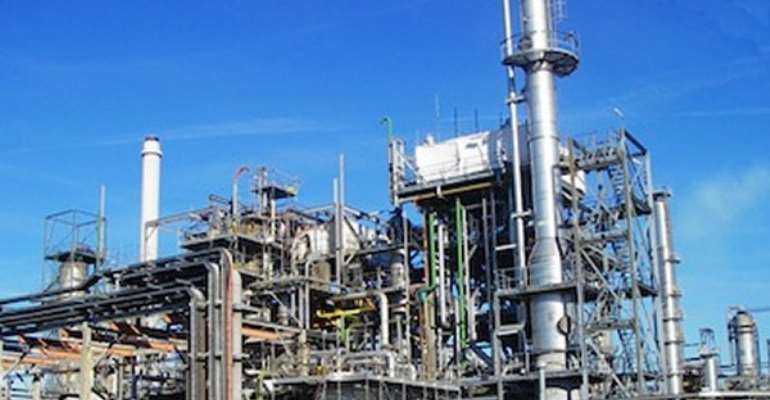Warri, Kaduna refineries record zero production

Two out of Nigeria's three refineries were completely dormant in November 2016 as they could not refine a drop of crude oil throughout the period.
Aside from the Port Harcourt Refining Company in Rivers State, which recorded a capacity utilisation of 27.09 per cent, the other two refineries, Warri Refining and Petrochemical Company in Delta State and Kaduna Refining and Petrochemical Company in Kaduna State, posted zero capacity utilisation in November last year.
The latest oil and gas report from the Nigerian National Petroleum Corporation showed that the WRPC and the KRPC failed to sustain the capacity utilisation that they recorded in the previous month.
An analysis of the report showed that the WRPC and the KRPC had posted 30.86 per cent and 12.88 per cent as their respective capacity utilisation in October 2016.
While the figures dropped to zero in November, the PHRC was able to increase its capacity utilisation from 24.74 per cent in October to 27.09 per cent in the month under review.
The report indicated that the plant capacities of the WRPC, PHRC and KRPC were 125,000 barrels per day, 210,000bpd, and 110,000bpd, respectively.
Their consolidated plant capacity was put at 445,000bpd, while their consolidated capacity utilisation for November 2016 was 12.78 per cent.
The national oil firm said pipeline vandalism in the Niger Delta and the facilities being revamped were reasons for the abysmal performance of the refineries in November.
It said, 'Total crude processed by the three local refineries, the KRPC, PHRC and WRPC, for the month of November 2016 was 232,768 metric tonnes, translating into a combined yield efficiency of 87.08 per cent compared to crude processed in October 2016 that was 442,693MT, translating into a combined yield efficiency of 88.03 per cent.
'For the month of November 2016, the three refineries produced 178,107MT of finished petroleum products and 24,599MT of intermediate products out of 232,768MT of crude processed at a combined capacity utilisation of 12.78 per cent, compared to 23.53 per cent combined capacity utilisation achieved in the month of October 2016.'
It added, 'The adverse performance was due to crude pipeline vandalism in the Niger Delta region coupled with ongoing refineries revamp. However, the three refineries continue to operate at minimal capacity, only the PHRC processed crude during the month.'
Following the refineries' inability to refine crude into petroleum products for local consumption, the national oil firm has to continue with its direct-sale-direct-purchase practice with foreign refiners.
The report stated that in November last year, 1,003.28 million litres of white products were supplied to the country through the DSDP arrangement while 802.75 million litres were supplied in October 2016.
It specifically stated that only Premium Motor Spirit, popularly called petrol, was supplied through the DSDP in both October and November 2016.
The report indicated that petrol and kerosene from the domestic refineries in November 2016 amounted to 191.75 million litres, compared to 210 million litres in the previous month.
Billions of naira had been spent on revamping Nigerian refineries without commensurate results over the years.
But in December last year, the Federal Government declared that it would not spend any more money on the facilities, stressing that it would rather favour private sector investment and subsequent joint ownership and management of the plants for greater efficiency.
The Minister of State for Petroleum Resources, Ibe Kachikwu, stated in Abuja that the government was working hard to bring in private investment capital to strengthen the plants in order to boost the nation's local refining capacity.
'Government's money will not be committed to the refineries anymore,' Kachikwu had said. - Punch.
